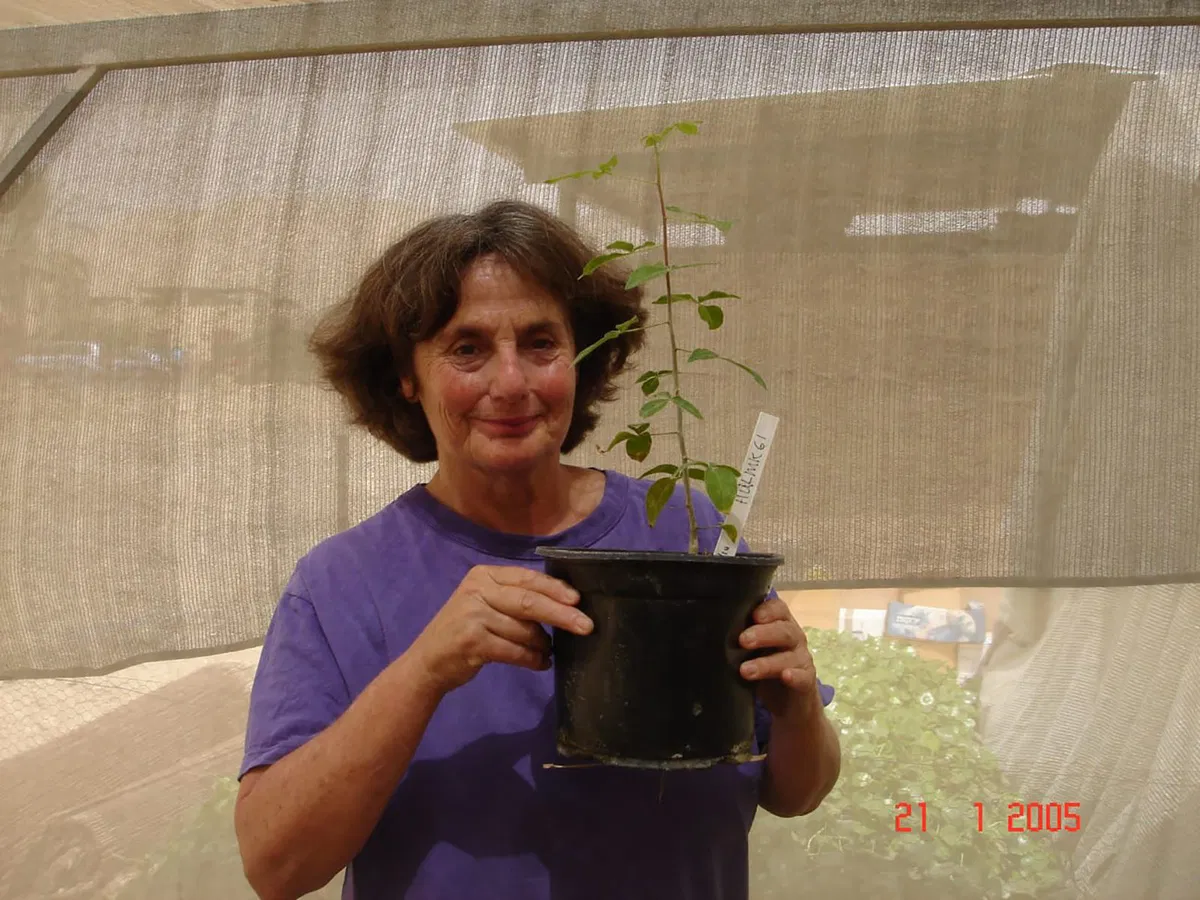
 Latest4 days ago
Latest4 days agoYoruba film industry mourns as popular actress aunty Ajara passes away

 Trends5 days ago
Trends5 days agoTonto Dikeh reunites son with Churchill after decade-long split

 Business7 days ago
Business7 days agoRite Foods positions industry as catalyst for Nigeria’s clean energy transition

 Football6 days ago
Football6 days agoArsenal’s Osman Kamara completes permanent move to Blackburn Rovers

 Health6 days ago
Health6 days agoControversial preprint revives vaccine–autism debate, draws sharp pushback from medical experts

 Featured7 days ago
Featured7 days agoMidnight raids, teargas: Lagos deploys military-era tactics in mass evictions

 Football6 days ago
Football6 days agoEPL: Confirmed transfer deadline day deals in January 2026

 Business6 days ago
Business6 days agoCBN releases fintech report, maps growth, opportunities, risks in Nigeria’s digital finance sector


